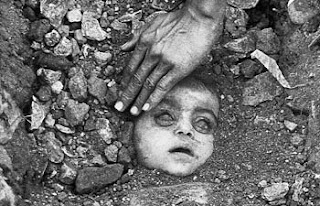Problem: PackageKit cannot install unsigned packages.
If you've just installed Fedora 18 or upgraded to Fedora 18, you may have noticed that you are unable to install 3rd party applications like Dropbox, Opera, Google Chrome, Skype and many others on your computer.
The installation exits with a message "Missing Security Signatures" whether it's installed directly or via a Terminal.
Why is this happening?
I was seeing the same issue on my fresh install of Fedora 18. Ideally, PackageKit-based tools allowed the installation of 3rd-party software by requesting root authentication.
After some searching and reading on the Internet, I found that this issue was caused by a bug that didn't allow PackageKit-based tools on Fedora 18 to install unsigned third-party packages anymore.
This bug did not affect the installation of official packages as they were signed with a trusted key anyway.
How to fix this?
The PackageKit maintainer released an update (PackageKit-0.8.7-1.fc18)
Update your computer as you would normally do to fix the problem.
New to Linux? - Read below
On a fresh install
Option 1: Just type "Software" in the Gnome search, open the tool and run an update. Let the update go through it's process.
Option 2: Open a terminal and type
su
yum updateThis should run an update on your computer which will automatically update PackageKit.
Now that your Fedora 18 is updated, try installing anything, it should work fine :)







